What Are the Characteristics of Tungsten Trioxide?
- Details
- Category: Tungsten Information
- Published on Friday, 14 February 2025 17:11
- Written by Zhenghua
- Hits: 329
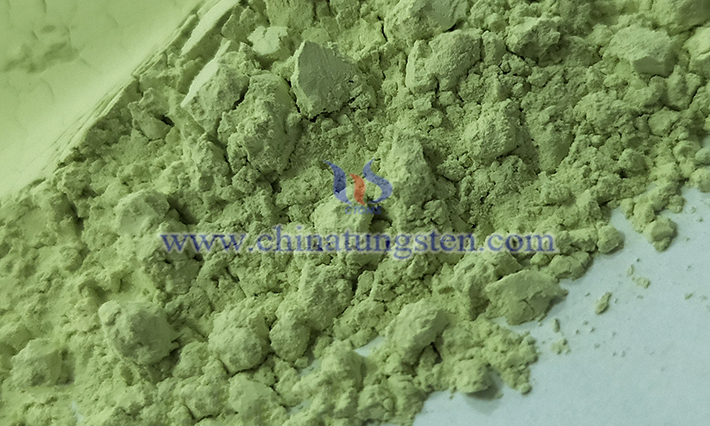
Tungsten trioxide (chemical formula: WO3) is an important inorganic compound with the following characteristics:

I. Physical Properties
Appearance and Color: It is usually yellow in powder form, and its color may change from light to dark when heated.
Read more: What Are the Characteristics of Tungsten Trioxide?
What Are the Characteristics of Tungsten Dioxide?
- Details
- Category: Tungsten Information
- Published on Friday, 14 February 2025 17:05
- Written by Zhenghua
- Hits: 380
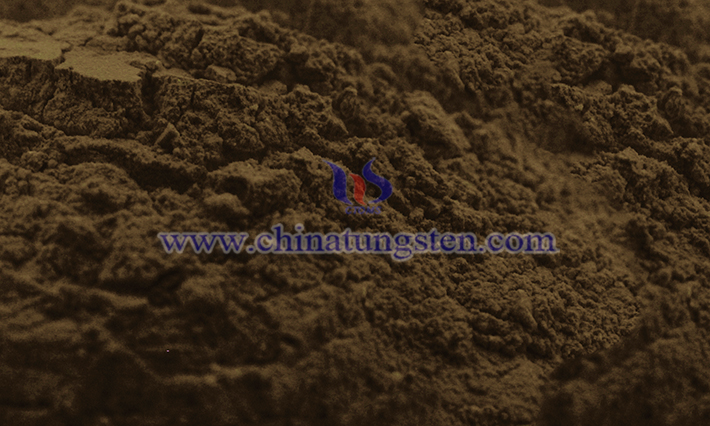
Tungsten dioxide (WO₂), also known as brown tungsten oxide, is an inorganic compound composed of tungsten and oxygen. It mainly has the following characteristics:
Read more: What Are the Characteristics of Tungsten Dioxide?
What Are the Characteristics of Violet Tungsten Oxide?
- Details
- Category: Tungsten Information
- Published on Thursday, 13 February 2025 18:56
- Written by Zhenghua
- Hits: 334
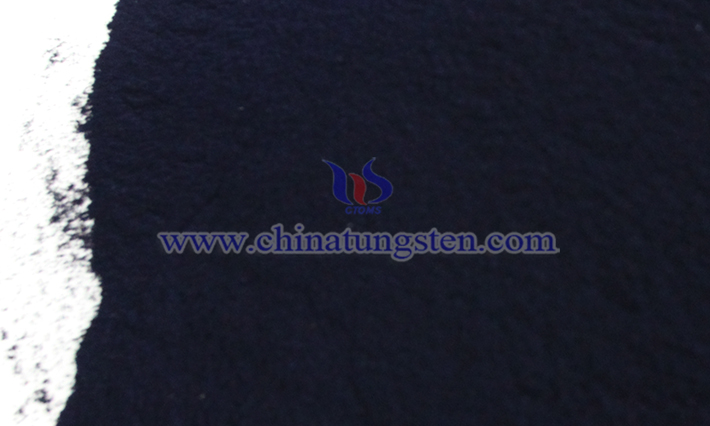
Violet Tungsten Oxide (VTO) is a unique tungsten oxide with the chemical formula W18O49 or WO2.72. The characteristics of Violet Tungsten Oxide are briefly described below:
Read more: What Are the Characteristics of Violet Tungsten Oxide?
What Are the Characteristics of Orange Tungsten Oxide?
- Details
- Category: Tungsten Information
- Published on Thursday, 13 February 2025 18:59
- Written by Zhenghua
- Hits: 345
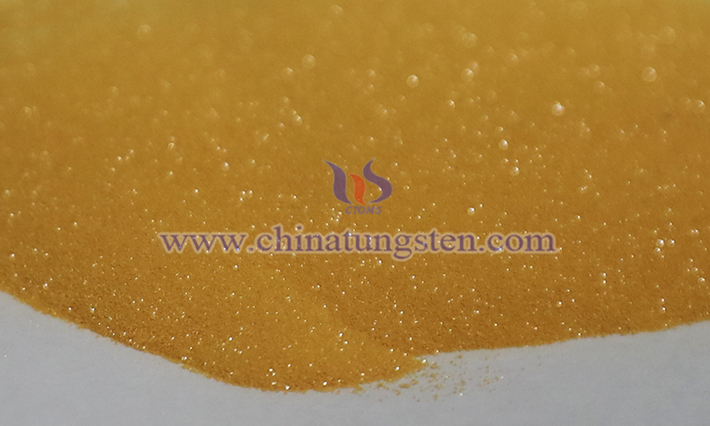
As a special form of tungsten oxide, orange tungsten oxide possesses a series of unique characteristics:

I. Color: The most prominent characteristic of orange tungsten oxide is its bright orange color. This color arises from defects, impurities, or the presence of low-valent tungsten ions in the crystal structure of tungsten oxide, giving it a highly recognizable appearance.
Read more: What Are the Characteristics of Orange Tungsten Oxide?
Tungsten Disulfide Nanosheet: the "New Darling" in the Sensor Field
- Details
- Category: Tungsten Information
- Published on Thursday, 13 February 2025 16:04
- Written by Xiaoting
- Hits: 322
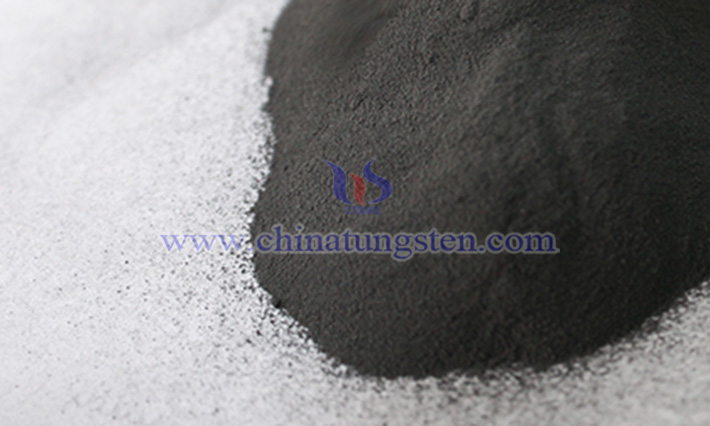
With the rapid advancement of science and technology, sensors, as the core components for information acquisition, have their performance directly determining the technological progress and application outcomes in numerous fields. Be it smart wearable devices, environmental monitoring systems, medical diagnostic instruments, or industrial automation production lines, sensors play an indispensable role. As the requirements for sensor performance continue to rise, researchers are dedicated to exploring novel sensitive materials. Tungsten disulfide nanosheet (WS₂ nanosheet) has demonstrated remarkable application potential in the sensor field owing to its unique physical and chemical properties, and has thus become one of the research hotspots.
Read more: Tungsten Disulfide Nanosheet: the "New Darling" in the Sensor Field





 sales@chinatungsten.com
sales@chinatungsten.com